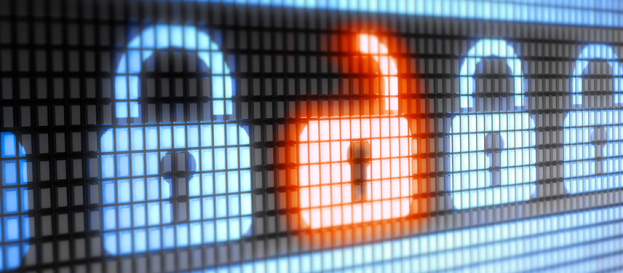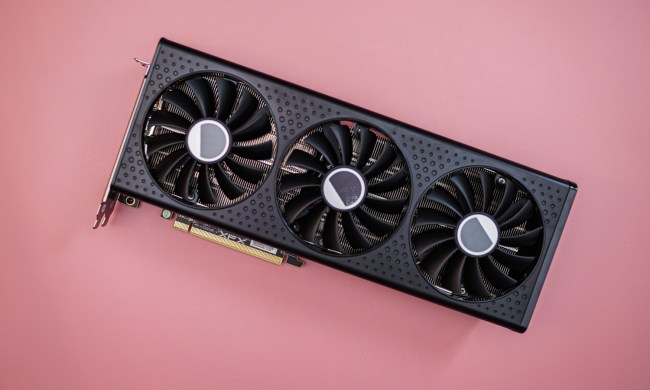
If your trial version of the antivirus software that came preloaded on your computer has expired, has become out-of-date, or you were hoping to do without the protection (and cost) – think again. According to Microsoft’s latest Security Intelligence Report, “computers without antivirus software are 5.5 times more likely to be infected.”

Although the majority of users got the memo to proactively protect their machines with antivirus software and possibly even setup a firewall, an average of 24 percent of computers around the world are still unprotected and therefore vulnerable to cyber attacks. There are many free options like AVG’s antivirus software available online, so there is really no excuse to not setup some sort of Internet security on every computer.
Just because you’re running an out-of-date version of antivirus software on your computer, doesn’t mean you’re out of the woods, either. You’re basically making your computer vulnerable to the latest malware that your software wasn’t designed to handle, but that’s a relatively easy fix. All you have to do is update your antivirus software or look to pay for a more recent version.
When your computer has no up-to-date software, it is more susceptible to the smaller and less obvious malware (also known as trojan horse) that can help cybercriminals steal your credit card information, email contacts, or even files from your computer. Cybercriminals try to trick unsuspecting users into installing these nasty buggers onto their computers by packaging them inside unsolicited email attachments like PDFs and Word documents, which many users tend to open without first scanning them with their antivirus software. Don’t feel too bad if you’ve been fooled by these fake invoices and resumes though: Microsoft apparently removed these types of malicious files from almost 3 million computers in the last quarter of 2012 alone.
You can also inadvertently install malware on your computer when you download illegitimate software activation keys generators (to install pirated software), by visiting malicious sites and clicking on their infected links, or even downloading fake software. Onescan (fake antivirus software that was actually a virus itself) was installed on almost 3 million computers worldwide so users do get duped. After all, these scams are designed to look like they’re from legitimate brands like Microsoft and Symantec but with subtle differences that many users will overlook and follow their instructions – whether it is provide personal information or click on a link that will get their antivirus software disabled.
The best thing you can do to protect your computer from cyber attack and to prevent the threat from spreading, is install some kind of antivirus software onto your system and keep it up-to-date. That is unless you’re running Windows 8. The antivirus protection is already baked into the operating system so there is no need to install additional software.


